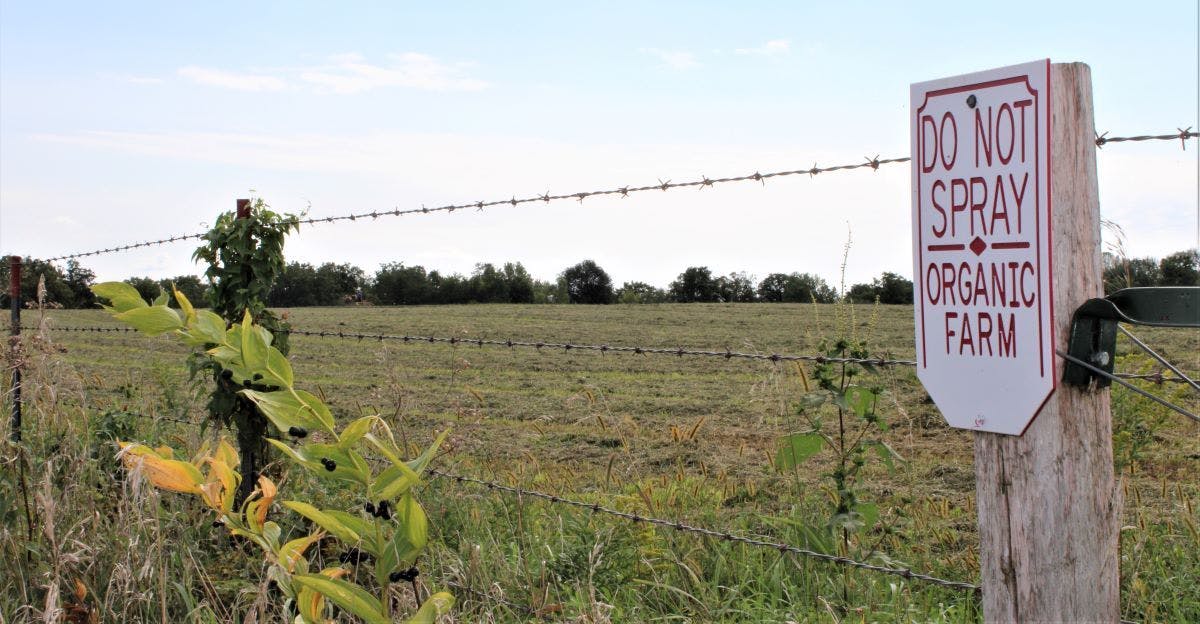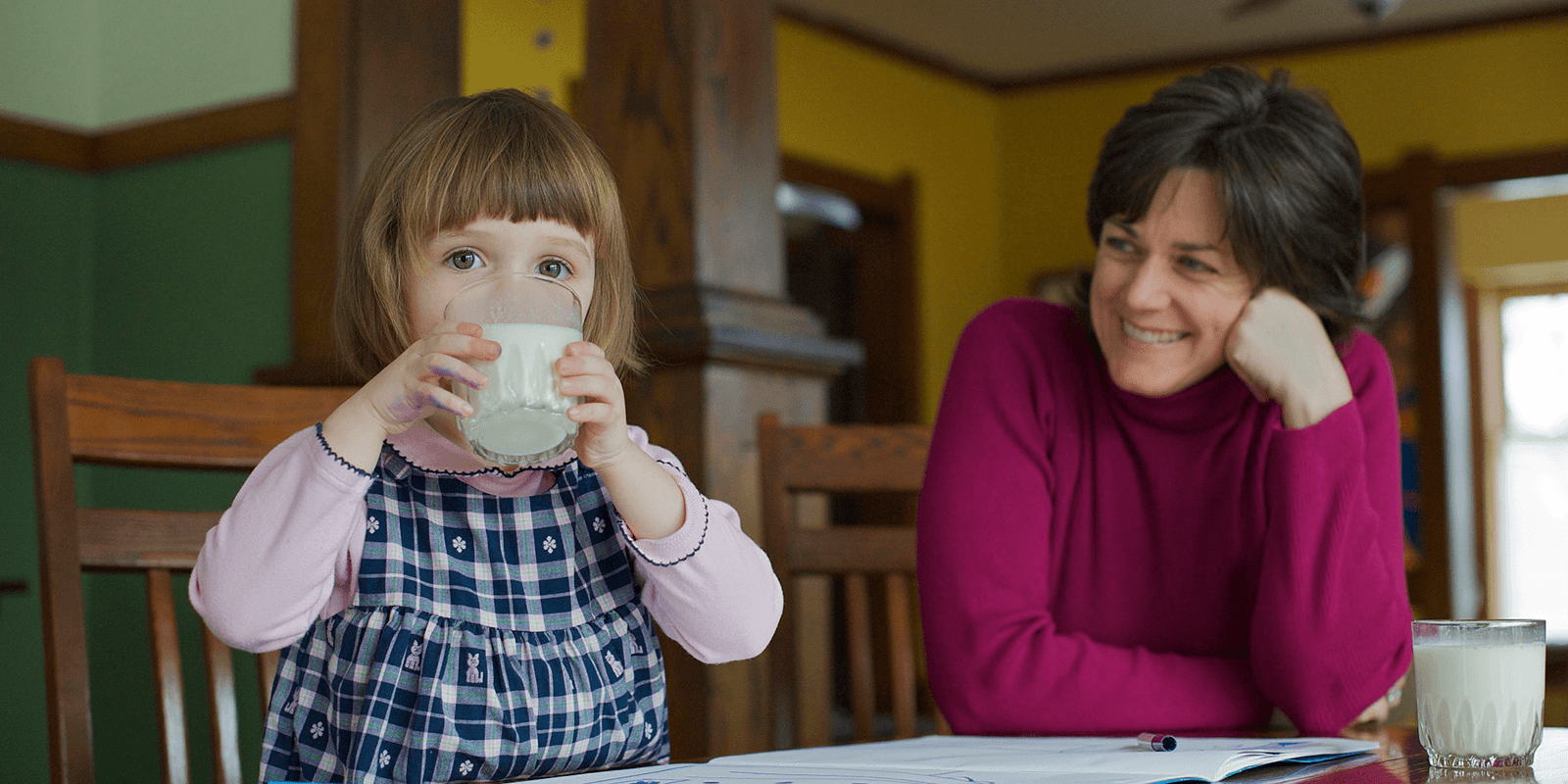
Food
Part 1: So you’ve learned your child has food allergies. Now what?
Editor’s Note: May is Allergy Awareness Month, and since dairy and eggs are common allergens, we’re sharing some helpful tips for navigating your child’s food allergy in a way that builds confidence and fosters a positive attitude toward food.
Figuring out what your child can and can’t eat while keeping the rest of your family satisfied is a big job that often falls on the parent who does most of the grocery shopping and meal preparation. That’s a lot of pressure for one person, and the responsibility can be stressful and emotional.
Sloane Miller is a specialist in food allergy management and author of Allergic Girl: Living Well With Food Allergies. In a four-part series, she will share her expertise to help you help your child and perhaps even reduce a bit of your own parental anxiety. We want to help you and your child create a joyful and stress-free relationship with your food.
First, let me say this: You’ve got this. Even if you feel like you don’t have it right now, you will get this. How do I know? Because people are infinitely adaptable to new situations and new information, and because I have helped thousands of families manage, cope, and thrive in exactly your situation. So even though you may feel like your whole world has been thrown into chaos, piece by piece, you will take steps toward regaining your equilibrium. And I will give you some guideposts along the way.
Hi! I'm Sloane Miller, also known as Allergic Girl, and I’ve been navigating food allergies, asthma, environmental allergies, and eczema since childhood. I’m also a licensed social worker who’s worked with families, children, teens, and adults around food allergy diagnosis, anaphylaxis, and anxiety for the last 15 years. I even wrote a book about it, called Allergic Girl: Living Well With Food Allergies.
Here are some of my best tips and some words of encouragement to carry you through the first few months after your child’s food allergy diagnosis.
Understand your child’s diagnosis.
It’s vital that you fully understand your child’s diagnosis so you can explain it clearly and factually to others who will need that information (like in-laws, extended family, teachers, school nurses, camp counselors, school bus drivers, etc.). If you are unclear on any aspects of your child’s diagnosis, what foods to avoid, what symptoms look like (from mild to emergency), the signs of anaphylaxis and when to administer epinephrine, or what your child’s anaphylaxis plan is, go back to your board-certified allergist doctor with these questions. Here’s a link to a free download for What To Ask Your Allergies FAQ on my AllergicGirl.com website.

Connect with reliable resources.
Nonprofits like Food Allergy Research and Education (FARE), Asthma and Allergy Foundation of America/Kids With Food Allergies (AAFA/KFA), and Allergic Living magazine are three of my top picks. These national nonprofits were created by parents, just like you, who were seeking reliable medical information that gives useful advice with a compassionate tone.
Get support from others.
FARE and AAFA/KFA have listings of in-person support groups in all 50 states. Have a look there first or start one of your own with their free guidelines. Talk to your friends and family about what is going on, give them information that is clear and factual, and enlist them for their emotional support. Even invite all members of your immediate family (including any caretakers like grandparents) to the doctor’s appointment or a video conference, so everyone hears the same information at the same time and can create consistent messaging for the child.
Use social media sparingly. Many online food allergy social media groups have their biases and politics, and these can increase anxiety, especially for newly diagnosed families. Use with caution.
Work through your feelings.
Part of how your family will thrive is by you acknowledging and working through your feelings around your child’s diagnosis. You can help guide them best when you are clear about your feelings first and foremost. If you have a history of anxiety, depression, abuse, or trauma, a food allergy diagnosis for your child can be triggering. Do not hesitate to seek help from licensed mental health professionals. Here are links to two reputable organizations that allow you to search for a psychologist or psychiatrist near you.
Every family handles a food allergy diagnosis differently. Part of these first few months will be spent figuring out what works best for you and your family right now while also knowing that it may (and probably will) change over time—and that change is normal and OK.
Read more in our 4-part series on Navigating Your Child’s Food Allergy:
Sloane Miller, MFA, MSW, LMSW, specialist in food allergy management and author, is founder and president of Allergic Girl Resources, Inc., a consultancy devoted to food allergy awareness. Ms. Miller combines a lifetime of personal experience and passion with professional expertise to connect with people about how to live safely, effectively, and joyously with food allergies. She earned her Master of Social Work at the New York University’s Silver School of Social Work and her Master of Fine Arts in Writing and Literature at Bennington College. In 2006, she started Please Don't Pass the Nuts, an award-winning blog for and about people affected by food allergies. In 2011, John Wiley & Sons published her definitive how-to guide, Allergic Girl: Adventures in Living Well With Food Allergies.
Related Articles
- Tags:
- family & kids,
- food allergies

















